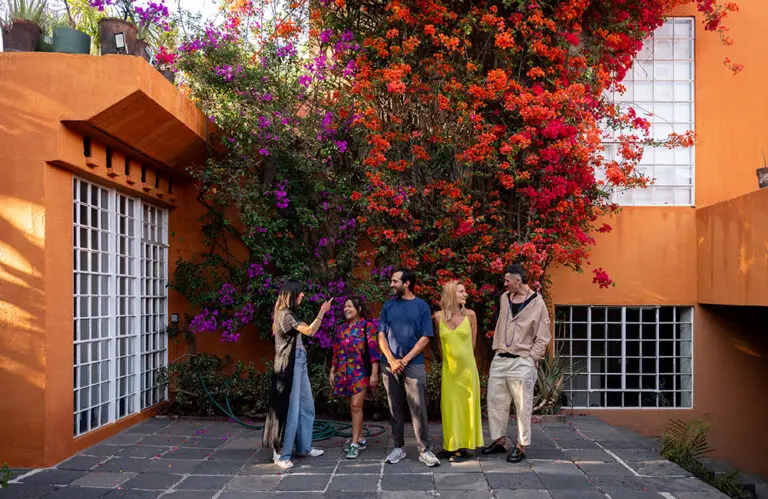After a dearth of travel during the pandemic years, Australians are once again embracing international holidays. But are they embracing all of the health information and advice that is available to them?
In a 2023 report on the travel trends and habits of 4,000 Australians, more than half of respondents (56.5 per cent) said they were more motivated than ever to travel post-pandemic.
Another survey conducted by Nielsen, found that three in four (76 per cent) Aussies “display a keen interest in visiting new places”, with “nature-centric experiences” (64 per cent) a preference of most respondents.
But some medical experts are concerned Australian travellers are putting themselves (and others) at risk by not taking the necessary health precautions prior to international holidays, which can be particularly crucial when travelling for the first time to destinations.
Among these possible risks are infectious diseases that might not exist or aren’t prevalent in Australia. And some practitioners say this is where vaccinations come into play.
How to prepare yourself

“With families excited to travel abroad this upcoming holiday season, it is crucial to add speaking to your GP about travel health and vaccine recommendations for your holiday to your pre-travel checklist,” says Ginni Mansberg, director of the Immunisation Coalition Board.
“Consultations six to eight weeks prior to your departure is essential. Vaccinations just before departure don’t provide the immune system ample time to effectively respond.”
According to a YouGov Travel Poll, one in three (31 per cent) Australians said they would not see a doctor to discuss travel health and vaccination requirements or would leave a visit too close to departure to get full protection from treatment.
“It’s crucial for travellers to organise a travel health consultation with a GP or travel doctor at least six to eight weeks prior to travel,” Australian travel doctor, Dr Deb Mills, said.
“The recommended vaccines will depend on exactly where they are going, what they will be doing, the duration of their stay, and their past medical and vaccine history.
“Healthcare professionals are there to help travellers know how to avoid local health risks and what to do if they get sick overseas. The souvenir no-one wants to bring home is a germ to infect family, friends and community.”
Aside from infectious disease, some of Australians’ favourite holiday spots in the Indo-Pacific can pose a high risk of food and water-borne diseases such as salmonella.






